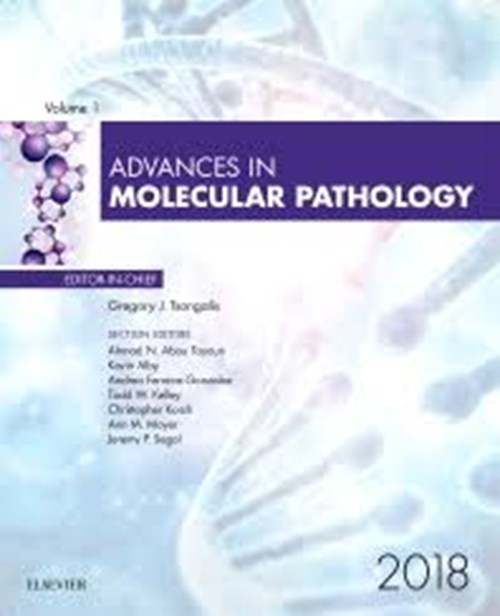Advances in molecular pathology: Cell line authentication

Advances in Molecular Pathology, a new Elsevier journal, was launched earlier this month. The first volume of this annual review publication contains 21 articles covering current practices in molecular pathology and new developments in the field. Topic areas include genetics, infectious disease, pharmacogenomics, informatics, and identity/HLA. The articles review established and novel concepts in molecular pathology within the clinical setting aiming to ‘help pathologists stay up-to-date in their practice and informed on the rapid advances in the field’.
In order to produce reliable results and to ultimately improve patient outcomes authentication of cell lines in scientific research is essential. Authentication ensures that cells that are not misidentified, cross contaminated, or differ genetically from the original stocks. It is thought that approximately 20% of cell lines used in research are misidentified or cross contaminated. Four articles which look specifically at the issue of misidentification of cell lines are included in this issue of Advances in Molecular Pathology. The articles look at the causes of misidentification, methods of molecular authentication and interpretation of authentication data, new approaches to cell line generation and methods of assuring cell line purity.
Articles
Tackling the Human Cell Line and Tissue Misidentification Problem Is Needed for Reproducible Biomedical Research (Christopher Korch & Marileila Varella-Garcia) www.sciencedirect.com/science/article/pii/S2589408018300140
Cell Line Detective Work: Basic Principles and Molecular Applications (Amanda Capes Davis) www.sciencedirect.com/science/article/pii/S2589408018300115
Challenges and Advances in the Development of Cell Lines and Xenografts (Rebecca E. Schweppe, Christopher Korch) www.sciencedirect.com/science/article/pii/S2589408018300152
Historical and Current Methods for Detecting Interspecies and Intraspecies Cell Mixtures and Thereby Assuring Cell Line Purity (Raymond Whiting Nims www.sciencedirect.com/science/article/pii/S2589408018300164
Related Links
